A year later
The reactions of the Catholic and Muslim communities over the caricature of a bearded, bloody and “murderous” God published by French satirical magazine Charlie Hebdo to commemorate the tragic attacks on its news offices a year ago. For the bishops this is not the kind of polemics that France needs today. The chief editor of La Croix spoke of “the courage of forgiveness”, while Imams said they felt “hurt” and branded the cartoon as a “missed opportunity” for “coexistence”

A bearded God, according to traditional Christian imagery, with a Kalashnikov on his shoulders and drops of red blood on a white tunic. The caption reads: “1 an après. L’assassin court toujours.” That’s how French satirical magazine Charlie Hebdo decided to commemorate the first anniversary of the attack. At 11.30 a.m., on January 7 2015, two gunmen dressed in black broke into the offices of Charlie Hebdo shooting and shouting in Arabic Allāhu Akbar (“Allah is great.”). Twelve people were murdered. In the horrible massacre was killed also the magazine’s editorial director, Stéphane Charbonnier (Charb). The magazine shut down for a month, overcome by sorrow and choc. Publication resumed on February 23rd.
In France, the decision to commemorate that tragic loss with the image of an assassin, bloody God, rather than protests triggered widespread sadness, in the awareness of having missed a precious opportunity to build bridges instead of igniting tempers through violent satire. The French bishops’ Conference has decided not to comment this choice but rather to release a brief – albeit emphatic – tweet. “The French Bishops’ Conference refrains from commenting the actions of those whose mere purpose is to provoke. Does France really need this kind of polemics?” they stated.
Contacted via phone by SIR, bishop Stanislas Lalanne, spokesperson of the French bishops for many years, explained the approach taken.
“Silence – he said – is the best answer to useless, violent, dangerous provocation”.
TV and radio networks, as well as national newspapers have asked him to react to Charlie’s front cover, “but I refused to reply”, because, he said, “all that Charlie Hebdo wants is someone’s reaction.”
The French bishops deeply appreciated the ’“edito” de La Croix written by its director, Guillaume Goubert: “Men, not God, are those who kill. But God needs men to perform acts of goodness, which many do”, and “many are those who day after day find in their faith not the fuel of hatred but the energy and the courage of forgiveness. God knows how much the world needs them.”
Muslims commented the initiative also, although this time the satirical depiction targets also the Christian world. Imam M. Azzedine Gaci, rector of the Othman Mosque in Villeurbanne (Lyon), spoke of “useless provocations that only do harm.” Gaci is very active in Islam-Christian dialogue initiatives in France. He was a member of the delegation of French Muslims received by Pope Francis in Rome on the aftermath of the Paris attacks. “I would have preferred – the Imam said – that a year after the tragic attacks that caused the loss of so many lives, there had been greater prudence, with a special sensitivity over what is said, questioning also the freedom of expression, which is indeed fundamental, but which must not be a threat to life or spread danger. I would have preferred if they had refrained from further provocations that elicit condemnations.
“I speak as a believer, but I believe that we all need politicians, intellectuals, media outlets that will make public appeals for peace, contributing to the establishment of peaceful coexistence”.
Imam Anour Kbibech, newly elected president of the Council of Muslims in France, from the columns of the French daily Le Parisien admitted that he felt “hurt” by Charlie’s cartoon. “We need gestures aimed at the easing of tensions. This caricature is clearly of no help at all, at a time when what we need is to meet again side by side”.